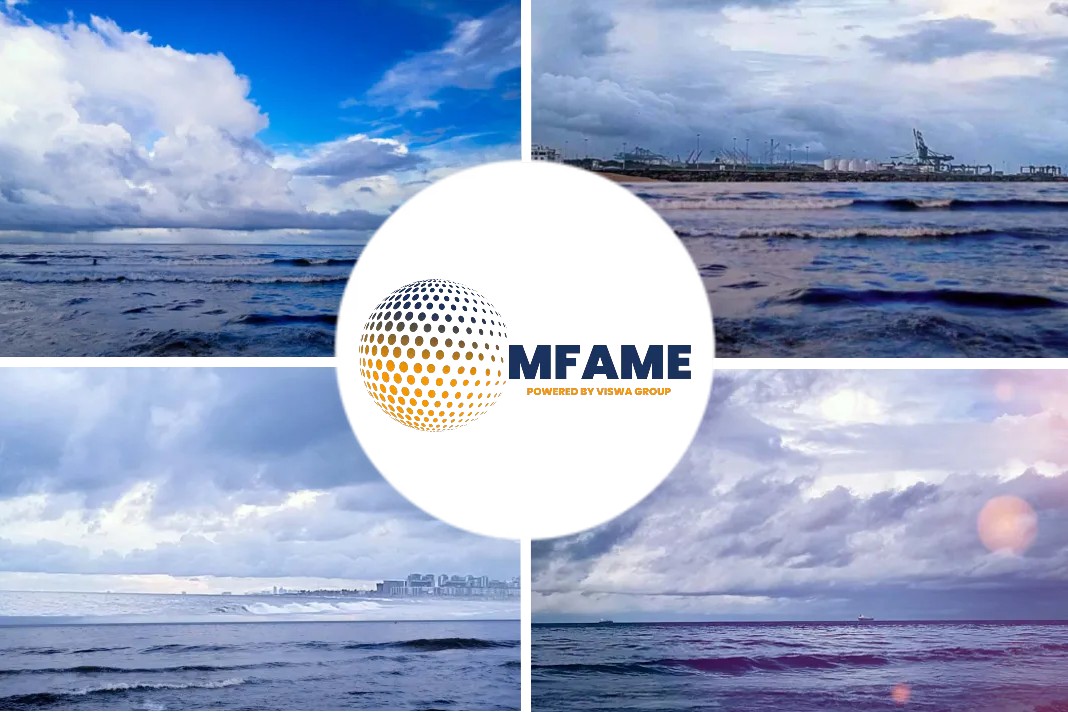- South Korean classification society Korean Register (KR) awarded approval in principle (AiP) to two green ammonia-fueled ships at KR’s Seoul branch office on 15 December.
- The consortium is comprised of six organizations – KR, LOTTE Fine Chemical, KSOE, LOTTE Global Logistics, HMM and POSCO.
- The ships have been developed as eco-friendly ships that use ammonia as fuel and do not emit carbon during operations.
On December 15, the South Korean classification organisation Korean Register (KR) granted two green ammonia-fueled ships approval in principle (AiP) at KR’s Seoul branch office as reported by Offshore Energy.
Environmentally benign
The ships, developed by Korea Shipbuilding & Offshore Engineering (KSOE), Hyundai Heavy Industries (HHI), and Hyundai Mipo Dockyard, are 60,000 cbm ammonia-fueled ammonia carrier and a 38,000 cbm ammonia carrier/bunkering ship (HMD).
The AIP, as previously stated, is the first product of the ‘Green Ammonia Marine Transport and Bunkering Consortium,’ which began operations in May 2021. Six companies make up the consortium: KR, LOTTE Fine Chemical, KSOE, LOTTE Global Logistics, HMM, and POSCO.
The ships were designed to be environmentally benign, using ammonia as fuel and emitting no carbon during operations. The ammonia-fueled carrier with a capacity of 60,000 cbm is currently the largest ship that can dock in Korean ports.
Development of ammonia engine
Many large companies in Europe, Singapore, and Japan are working to commercialise decarbonized ships through the development of ammonia engines and ammonia fuel cell systems, with the International Maritime Organization (IMO) aiming to reduce ship greenhouse gas emissions by 50% by 2050 compared to 2008 figures.
Green ammonia is ammonia produced with new renewable energy sources that emit no carbon dioxide. Because of its carbon dioxide-free combustion and low technological hurdles, ammonia is gaining traction as an environmentally acceptable fuel with high commercial viability for next-generation ships.
“Given the industry’s focus on creating and using environmentally benign fuels like green ammonia to accomplish decarbonization, this AIP is incredibly important. With this accreditation, we’ve laid a solid technological foundation for ammonia-fueled ships and are getting closer to our objective of commercialising them in 2024,” said Kim Daeheon, Executive Vice President of KR’s R&D division.
Did you subscribe to our newsletter?
It’s free! Click here to subscribe!
Source: Offshore Energy
















